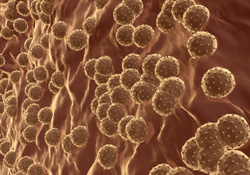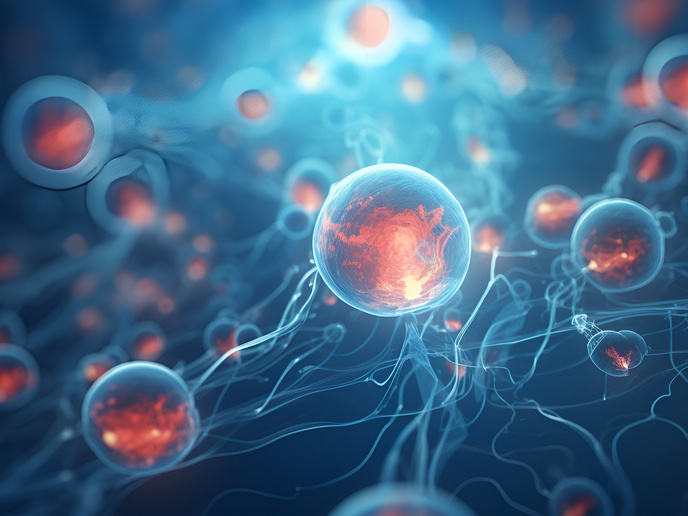Genetic complexities of hepatitis infections
The hepatitis C virus (HCV) causes death through liver cirrhosis and cancer in more than 25 million people worldwide. There are many strains of HCV, and difficulties in finding effective therapies are further compounded because all patients are genetically different. New medicines to treat HCV include those that actively inhibit the production of HCV serine protease, a protein essential for completion of the life cycle of the virus in the infected person. However, the genetic complexity of the situation may interfere with the drug's effectiveness. Moreover, co-infection with HIV may also hamper the drug's action. Another protein with a crucial role in virus replication is NS3. This puts it in the league of a viable drug target. However, some NS3 proteins produced by the virus are potentially resistant to inhibitors. Scientists can now replicate the virus in isolated cells. Using this system, the HCV/HIV-PI project team cloned HCV NS3 sequences from infected patients to investigate how genetic diversity impacts the ability of the virus to multiply. The researchers also gauged the sensitivity to drugs in the different genotypes. No significant differences were found in NS3 in patients with both HIV and hepatitis C infections as opposed to those with HCV only. Replication of the virus in the lab was highly successful. Even when mutations were incorporated into HCV, replication of the virus was at a similar level as a wild type strain. The results of the HCV/HIV-PI research will prove invaluable to the search for new drugs to tackle the mounting problem of viral infection in world health. Testing in the lab will help to circumvent the time-consuming laborious process of drug testing on animal models and human patients.







